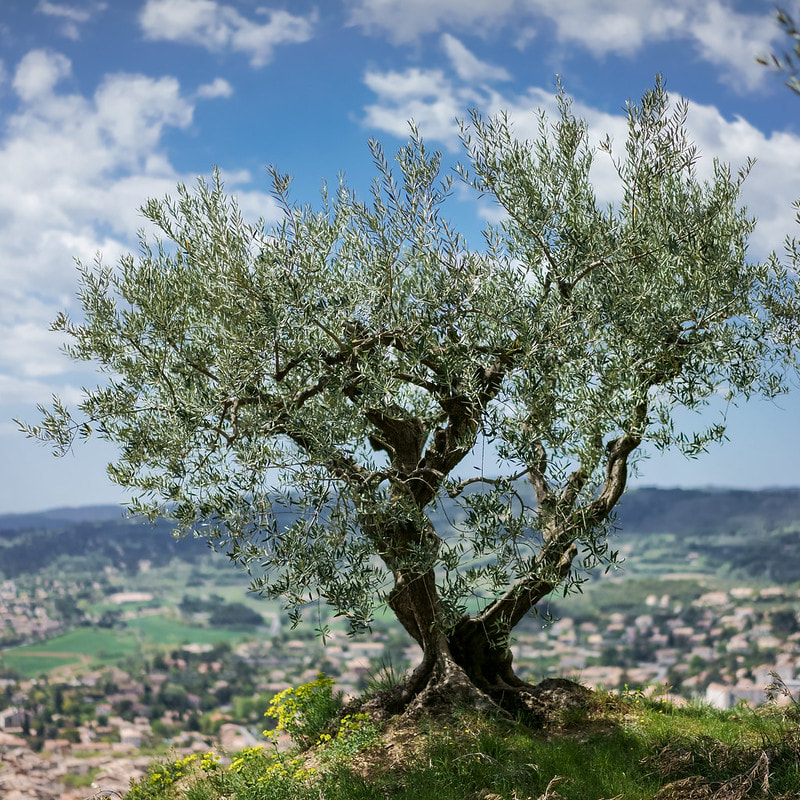|
The Lord's appointed festivals are first described in the book of Leviticus, Chapter 23. The Feast of Tabernacles is particularly unique because it last for seven days and God's people are instructed to live in temporary shelters for seven days as their ancestors did when they were brought out of Egypt. Leviticus 23:40 tells us, “On the first day you are to take branches from luxuriant trees--from palms, willows and other leafy trees--and rejoice before the Lord your God for seven days." Here is how Deuteronomy 16:15 describes this joyful festival: "For seven days celebrate the festival...for the Lord your God will bless you in all your harvest and in all the work of your hands, and your joy will be complete." Reading through the Old Testament, one can see how faithful the Israelites were to follow the law when it came to celebrating the feasts. The exiles who returned to Jerusalem to rebuild the temple settled in and "began to build the altar of the God of Israel to sacrifice burnt offerings on it..." (Ezra 3:2) In the seventh month they celebrated the Feast of Tabernacles. (Verse 4)
In my opinion, the most interesting reading concerning the Festival of Tabernacles occurs in Nehemiah 8:14-16. "They found written in the Law...that the Israelites were to live in temporary shelters during the festival of the seventh month...'Go out into the hill country and bring back branches from olive and wild olive trees, and from myrtles, palms and shade trees to make temporary shelters'--as it is written." The unique part of the festival celebration with Nehemiah is that they cut branches from the olive tree and the wild olive tree. What a picture of the apostle Paul's dissertation on grafted in branches! Israel is frequently referred to as an olive tree. The people of Israel are the branches. Paul recognized that many of his people did not receive the good news of Jesus as Lord. (Romans 10:16) Because of it, "God gave them a spirit of stupor, eyes that could not see and ears that could not hear..." (Romans 11:8) "Because of their transgression, salvation has come to the Gentiles to make Israel envious.” (Romans 11:11) Paul uses an analogy, describing the Jews as olive branches and the Gentiles as wild olive branches. "If some of the branches have been broken off, (Jews) and you, though a wild olive shoot, (Gentiles) have been grafted in among the others and now share in the nourishing sap from the olive root, do not consider yourselves to be superior to those branches. If you do, consider this: You do not support the root, but the root supports you." (Romans 11:17-18) One day the olive tree will flourish with the natural branches and the wild branches both grafted in. We read in Ephesians 2:15 that God's "purpose was to create in Himself one new man..." Jew and Gentile will live together in peace, both reconciled to God. As the Jews in Nehemiah's day laid the branches of the olive tree and wild olive tree on the top of their temporary shelters they would have been looking up at a picture of the future. One day Jew and Gentile together will worship the King of kings during this festival. (Zechariah 14:16-19) When and how this will come to pass is unclear. What is clear is that we will be worshiping The Lamb together in joyful celebration. What a day this will be! |
Joan E. MathiasCategories
All
Archives
July 2024
|

 RSS Feed
RSS Feed